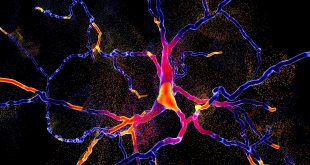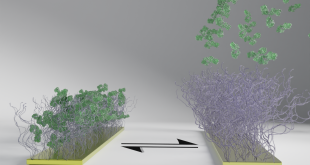Transforming the lives of people affected by stroke and dementia
By Jana Manolakos
The few hundred words in his modest CV barely reveal the colossal impact that Vladimir Hachinski, one of Canada’s leading clinical neuroscientists and researchers, has had on the lives of people affected by stroke and dementia. The titles, publications and accolades listed there only hint at how over his lifetime he has transformed the understanding, diagnosis, treatment and prevention of these two catastrophic diseases.
No wonder then that the celebrated physician is among this year’s recipients of the 2018 Killam Prize – yet another of a long list of honours bestowed on him for his work in vascular cognitive impairment, stroke and brain-heart interactions.
Hachinski has shown that vascular dementia is caused by mini-strokes, referring to the disease as multi-infarct dementia and paved the way for novel therapeutic approaches. An important new tool that he subsequently developed – the Hachinski Ischemic Score for diagnosing multi-infarct and primary degenerative dementias – has since been cited 2,600 times in literature.
While on staff at Sunnybrook Medical Centre, together with his colleague Dr. John Norris, they established the globally recognized MacLachlan Stroke Unit in the 1970s – the world’s first acute intensive care stroke unit that set the template for a standard of care in other units that followed.
He was the principal neurological investigator of the Canadian American Ticlopidine Study, assessing the efficacy and safety of ticlopidine hydrochloride in patients who have suffered a thromboembolic stroke – one of his many studies looking at improving outcomes for stroke and dementia patients.
Hachinski’s name is synonymous with advocacy. He coined the term “brain attack” to stress the urgency of stroke. He led the adoption of a World Stroke Organization proclamation addressing stroke and potentially preventable dementias, endorsed by thinktanks around the world. He was the first Canadian President of the World Federation of Neurology serving from 2010 to 2013. For an unprecedented 10 years, he served as Editor-in-Chief of Stroke, the leading publication in the field. He has published 18 books, including his most recent, Treatable and Potentially Preventable Dementias, published this June – and more than 800 scientific articles.
His CV is packed with a multitude of national and international awards – from fellowships, to lectures, honorary doctorates and prizes “in recognition of outstanding research accomplishments and contributions” – as cited by one of these. Among them he received the Order of Ontario and the Order of Canada, the Prince Mahidol Award in 2017 and was inducted into the Canadian Medical Hall of Fame in 2018.
Hachinski graduated with an MD from the University of Toronto and trained in internal medicine and neurology in Montreal and Toronto and in research in London and Copenhagen. He has been awarded four honourary doctorates and is currently Professor of Neurology and Epidemiology and Distinguished University Professor at Western University.
Did you know?
The Killam Prize awards $100,000 prize to five recipients, Canada’s finest scholars and academics who have dedicated their lives to groundbreaking research. The other science winner, University of Calgary’s Dr. Walter Herzog, is being awarded for his research and innovative discoveries regarding various bone, muscle and joint diseases like osteoarthritis, osteoporosis, and fibromyalgia. By 2025, it is believed that nearly a quarter of Canadians will be affected by these diseases. Herzog’s research will not only help prevent this from occurring, but detect and treat current cases.
 BioLab Business Magazine Together, we reach farther into the Canadian Science community
BioLab Business Magazine Together, we reach farther into the Canadian Science community





